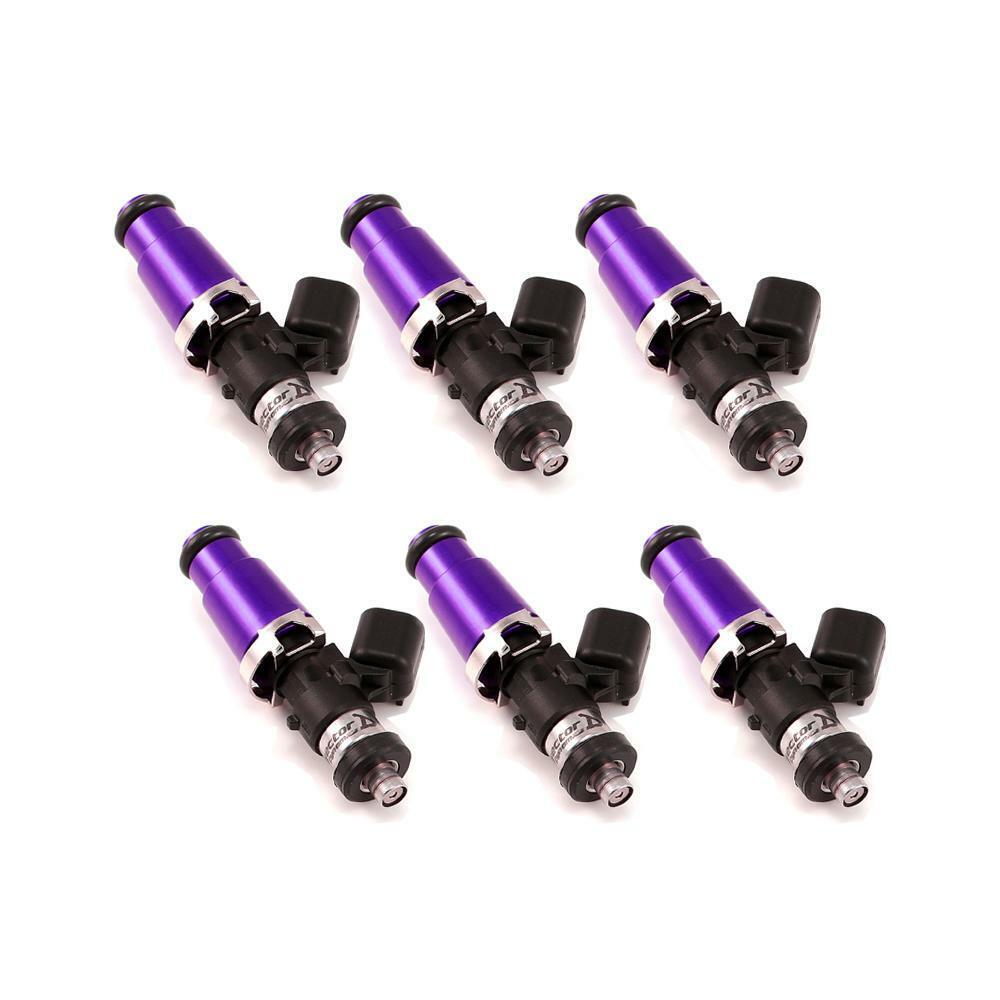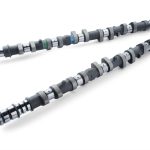Fuel injector technology has undergone significant advancements from the late 1990s to the present day. These improvements aim to enhance fuel atomization, improve combustion efficiency, increase power output, and reduce emissions. Here are some key improvements made in fuel injectors during this period:
- Increased Precision: Modern fuel injectors feature more precise and accurate fuel delivery. Improved manufacturing techniques and tighter tolerances ensure consistent fuel flow rates and spray patterns, resulting in better fuel distribution among the engine cylinders.
- Higher Flow Rates: Fuel injectors have been developed to provide higher flow rates, allowing for increased fuel delivery. This is particularly beneficial for high-performance engines that require a larger volume of fuel to support higher horsepower outputs.
- Enhanced Atomization: Atomization refers to the process of breaking down fuel into tiny droplets for optimal combustion. Modern fuel injectors are designed with advanced nozzle designs and multiple spray holes to achieve finer fuel atomization. This results in better fuel-air mixing, improved combustion efficiency, and reduced fuel consumption.
- Advanced Materials: Fuel injectors now utilize advanced materials that offer improved durability and resistance to clogging. These materials can withstand higher fuel pressures and are less prone to corrosion and deposit formation, ensuring consistent and reliable performance over extended periods.
- Integrated Electronics: Many modern fuel injectors feature integrated electronic controls, allowing for precise fuel delivery timing and duration. This electronic integration enables more accurate fuel control based on engine load, speed, and various operating conditions, resulting in optimized fuel efficiency and performance.
- Direct Injection Technology: Direct fuel injection has become more prevalent in modern engines. Instead of injecting fuel into the intake manifold, direct injection systems deliver fuel directly into the combustion chamber. This approach offers advantages such as increased fuel efficiency, improved power output, and reduced emissions by precisely controlling the fuel-air mixture.
- Variable Injection Strategies: Advanced fuel injection systems now incorporate variable injection strategies. These systems can adjust the timing, duration, and number of fuel injections per combustion cycle, allowing for optimized fuel delivery based on engine demands. Variable injection strategies contribute to improved power, torque, and fuel economy.

The Injector Dynamics ID1050x injectors are highly regarded in the automotive performance community for their quality and performance. Here are some key features and characteristics of the ID1050x injectors:
- Flow Capacity: The ID1050x injectors are designed to provide a high flow rate of fuel. With a flow rate of 1050 cc/min at 3 bar, these injectors are suitable for high-performance applications that require increased fuel delivery to support higher horsepower outputs.
- Precise Fuel Control: Injector Dynamics is known for their precise flow matching and quality control. Each set of ID1050x injectors undergoes a rigorous calibration process to ensure consistent and accurate fuel delivery across all the injectors in the set. This precise fuel control helps optimize engine performance and fueling accuracy.
- Excellent Atomization: The ID1050x injectors are engineered to provide excellent fuel atomization. The injector design and internal components promote finer fuel droplet formation, leading to improved fuel-air mixing and combustion efficiency. This contributes to enhanced power output and throttle response.
- Compatibility and Fitment: The ID1050x injectors are available in various fitment options to accommodate a wide range of vehicles and engine configurations. They come with different connector styles and plug-and-play adapters for easy installation in different fuel rail setups.
- E85 and Alternative Fuels: The ID1050x injectors are specifically designed to handle alternative fuels, including E85 ethanol. They have been engineered to provide consistent and reliable performance when running high ethanol content fuels, allowing enthusiasts to take advantage of the increased knock resistance and potential power gains offered by E85.

